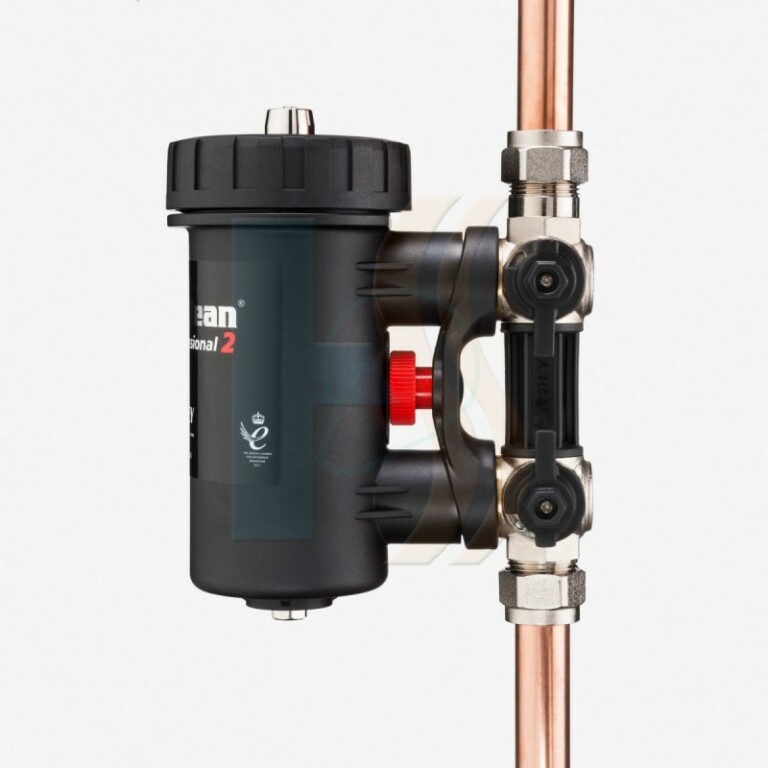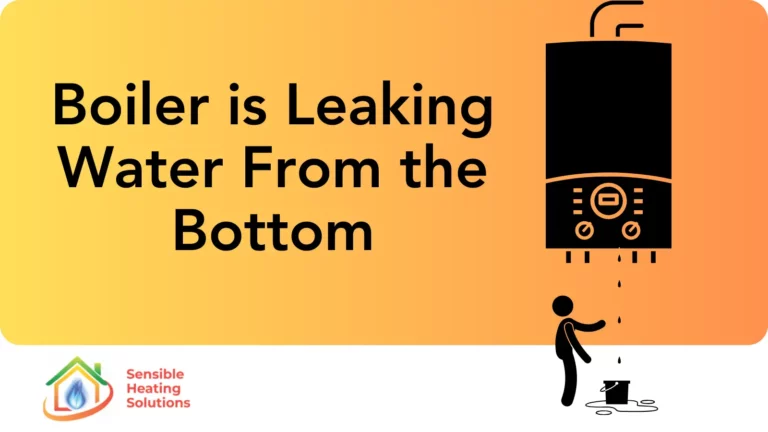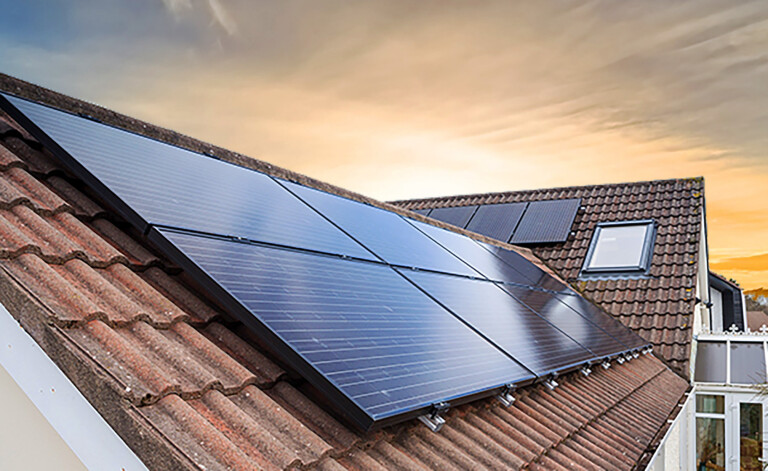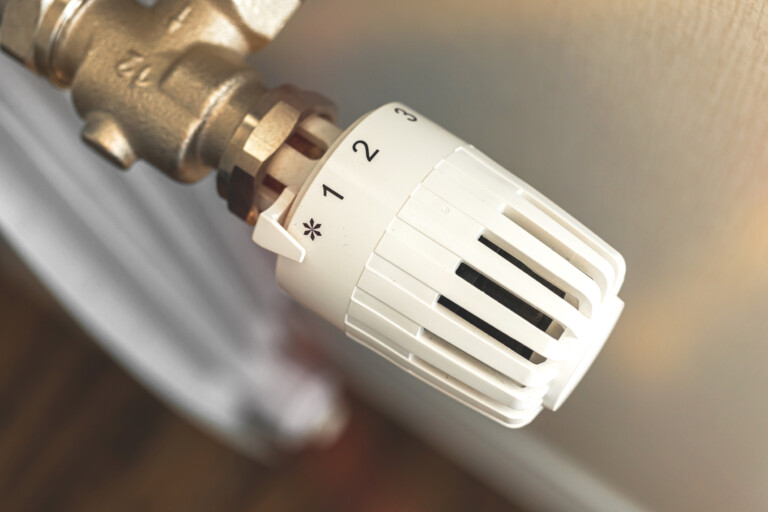The Benefits of Installing a Magna Filter on Your Boiler System
16th January 2024


Call us 0116 366 5664
24th May 2024

A leaking boiler can be caused by corroded parts, loose connections, high water pressure, bad seals, or a bad condensate pipe. Safety concerns include: water damage to your home, electrical hazards and reduced boiler efficiency. These issues could cause harm. To fix a leaking boiler, inspect the unit. Find the source of the leak and check the condition of parts. Fix a leaking boiler by replacing or tightening damaged parts. Stop future leaks with regular maintenance and pressure checks.
Spotting a leaking boiler’s signs is crucial. You need to do this to fix the issue fast and avoid more damage. Recognising these signs helps. It lets you act fast to ensure your central heating system is safe and efficient.
Visible signs of a boiler leaking include puddles of water around the base of the boiler, drips or moisture on the boiler’s exterior, and rust or corrosion on pipes and fittings. These indicators point to water escaping from the system.
A leaking boiler affects performance. It causes inconsistent heating, longer heating times, and less hot water. These issues occur because the system loses water pressure, impacting its efficiency.
Unusual sounds, such as hissing, gurgling, or dripping, indicate a leaking boiler. These sounds result from water escaping through small cracks or loose connections and air entering the system.
A drop in boiler pressure implies a leak by indicating water loss within the system. The boiler’s pressure gauge will show lower readings than normal. This points to a potential leak.
A leaking boiler causes a boiler pressure relief valve to malfunction. It does so by constantly releasing water. This release happens because the valve can’t maintain the proper pressure levels because of a leak.
High utility bills indicate a leaking boiler by reflecting increased energy consumption. The boiler works harder to keep the temperature. This is because of water loss, which leads to higher energy usage.
A leaking boiler indicates an issue with its internal components or connections. Leaks can come from many boiler parts. Each leak points to a specific problem. You must fix it fast to avoid more damage and to keep the boiler efficient.
Corroded components, such as the heat exchanger or pipes, cause a boiler to leak water. Corrosion results from long exposure to water and oxygen. This exposure leads to rust and holes.
Loose connections and joints cause a boiler leaking. They let water escape from where pipes and fittings connect. The leaks occur because of vibrations and thermal expansion. That makes the connections loosen over time.
High water pressure causes a boiler to leak. It does this by forcing water out through the relief valve. This valve releases extra pressure to protect the boiler. But, it can cause leaks if the pressure stays too high.
Faulty seals cause boiler leakage by allowing water to escape from sealed components. Over time, seals wear out. They lose their ability to stay watertight, leading to leaks.
A blocked pipe causes a boiler to leak. It stops the proper drainage of water. When the pipe is blocked, water backs up and leaks from the boiler.
A faulty heat exchanger causes a boiler to leak by allowing water to escape from the internal channels. This issue arises from stress fractures because of thermal cycling or manufacturing defects.
A boiler leakage is very unsafe. It can also cause much damage to your home. Addressing these issues is essential to prevent hazardous situations and costly repairs.
A leaking boiler poses electrical hazards. It creates the risk of short circuits and fires. Water leaking from the boiler can come into contact with electrical components, creating dangerous situations.
A leaking boiler causes water damage. It lets water soak into walls, floors, and nearby areas. This can lead to structural damage, mold growth, and deterioration of building materials.
Health risks associated with a leaking boiler include exposure to mould and mildew. Wetness causes mould to grow, and mould can cause breathing and allergic problems.
A leaking boiler reduces efficiency. It does this by making the system less able to keep pressure and heat water well. This results in higher energy consumption and increased utility bills.
A leaking boiler can lead to a complete system failure if not addressed. Continuous water loss strains the boiler’s parts. It leads to breakdowns and the need for replacement.
A leaking boiler creates fire hazards. Water can cause electrical shorts and sparks. These sparks can ignite flammable materials, posing a severe fire risk.
A leaking boiler impacts the lifespan of the system by causing accelerated wear and tear. Water can corrode parts. This causes them to fail early and need pricey replacements.
Using a leaking boiler poses significant risks and should be avoided. If your boiler is leaking, you must act fast. This is crucial to keep safe and stop more damage.
You must turn off your leaking boiler. This is essential to keep safe and stop more damage. Unplug the boiler. Or, switch off the circuit breaker. This will eliminate any risk of shock.
When troubleshooting a leaking boiler, it is crucial to identify the cause of the leak and take appropriate steps to fix it. Good troubleshooting can prevent more damage. It can also make sure your boiler runs safely and well.
Identify the source of the leak by closely examining different parts of the boiler:
For minor leaks, you can take the following steps:
Call a professional boiler engineer if:
Repairing a leaking boiler involves addressing the specific issues identified during troubleshooting. Good repairs make sure the boiler runs safely and well. They prevent more damage and potential hazards.

Following these steps ensures that your boiler runs safely and efficiently. It addresses the specific causes of leaks and stops future issues.
Preventing future boiler leak issues involves proactive maintenance. You must do regular inspections to make sure your boiler runs well and safely. By taking specific steps, you can extend the lifespan of your boiler and avoid costly repairs.
Regular boiler servicing is vital. It finds and addresses potential issues before they become serious. A qualified engineer will:
Maintaining the proper water pressure is crucial to prevent leaks. Follow these tips:
A magnetic filter helps prevent corrosion. It does this by capturing metal particles. These particles can cause blockages and damage. To use a magnetic filter:
Monitoring signs of corrosion or damage helps detect issues early. To do this:
Preventing future boiler leak requires regular maintenance, proper pressure management, and the use of protective measures like magnetic filters.By staying watchful and fixing problems fast, you can keep your boiler reliable and efficient.
Need help with your boiler or heating system? Contact us today
16th January 2024

5th October 2023

1st February 2024
